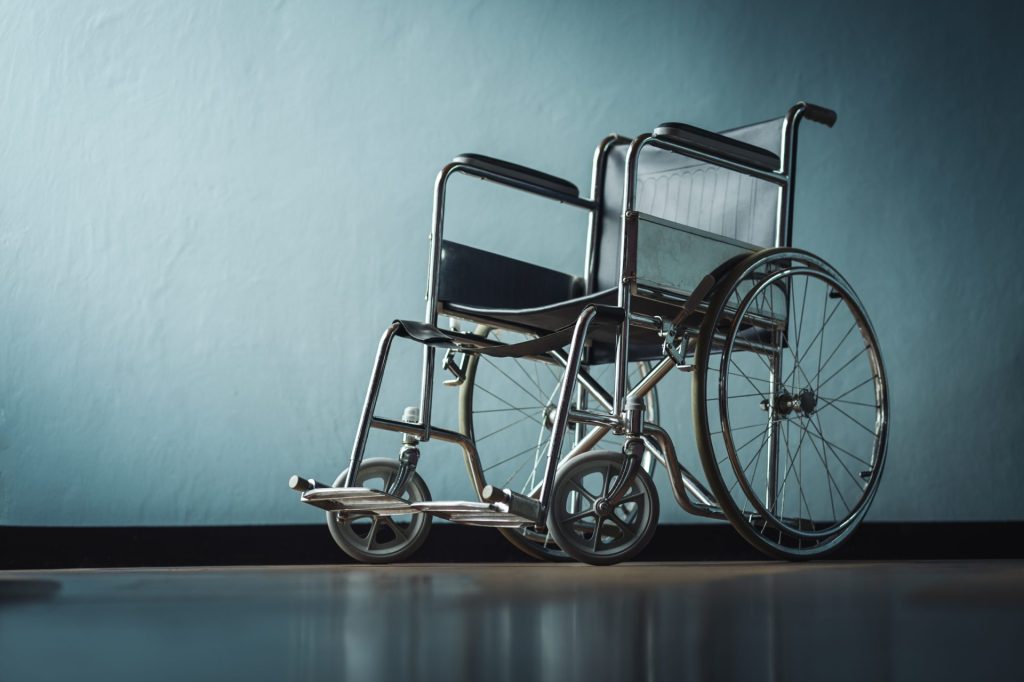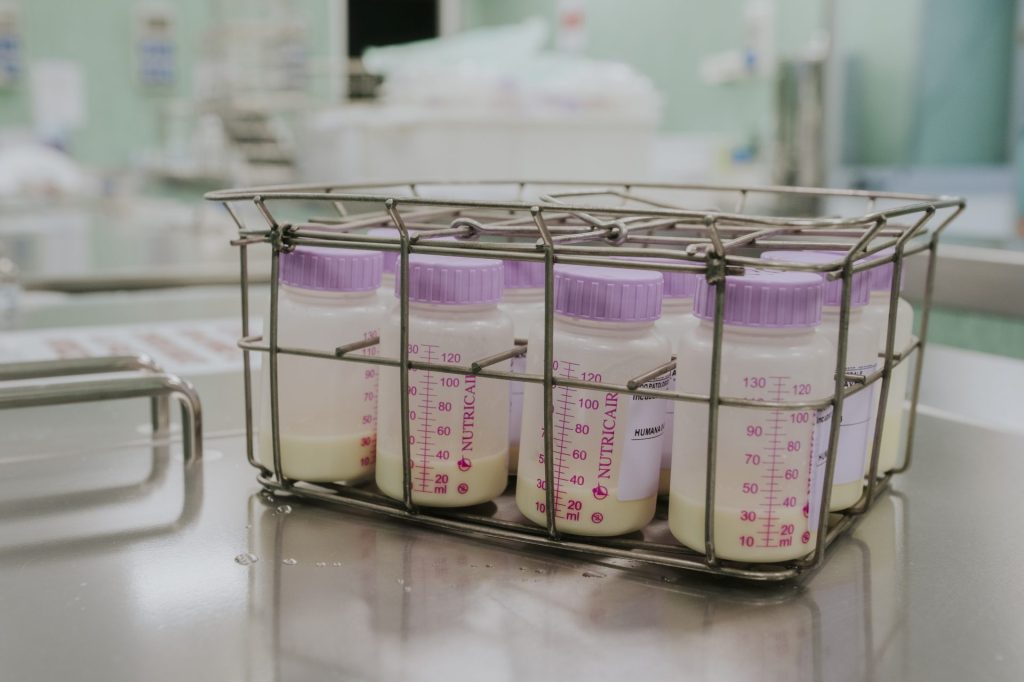
Abortion restrictions and limited access to reproductive healthcare services may be the cause of increased suicide rates among younger women. According to PEOPLE, a new study, published Wednesday, by JAMA Psychiatry revealed.
Abortion Restrictions May Have Increased Suicide Rates Among Women, New Study Finds https://t.co/KchIYe9wZe
— People (@people) January 3, 2023
Increased Suicide Rates, Stress, And Anxiety
According to PEOPLE, the study analyzed 21 states that have enforced “at least one Targeted Regulation of Abortion Providers (TRAP) law” between the years 1974 and 2016. In total, the study found more than 1,300 abortion restriction efforts.
Between those years, the “average annual suicide rate among women of reproductive age” rose nearly 6% higher than it had been in years prior to trap enforcement. In addition, the restriction of abortion services led to increased levels of stress and anxiety among women.
Stress is associated with increased mental health burden, and in turn, is associated with increased suicide risk.
Findings Show That Younger Women Are More Effected Than Older Women
According to Dr. Ran Barzilay, one of the study’s authors, it is the “first of its kind” to show the link between abortion restrictions and suicide rates among younger women.
Researchers were unable to determine that abortion restrictions had the same effect on older women. And noted that the impact was seen specifically on younger women impacted by the TRAP laws of 1974-2016. According to NBC News, researchers ruled out other factors such as the economy or the political climate as catalysts for the increased suicide rate.
“The Need For Support And For Mental Health Care”
An additional editorial was published by Tyler VanderWeele, an epidemiology professor at the Harvard T.H. Chan School of Public Health. It shared that TRAP laws may have also been the cause of 127 suicides among women in 2016. The increased rate of suicide among women is “cause for clinical concern,” he added.
According to VanderWeele, the data indicates a “need for support” and “mental health care.” Both of which, he believes, go beyond what’s currently being offered in the country.
A huge new study shows a link between abortion restrictions and an increased suicide risk among women of reproductive age https://t.co/JCOpe685Jo
— Jessica Valenti (@JessicaValenti) December 28, 2022
TRAP Laws And Travel Time For Abortions
According to Nichole Austin, an assistant epidemiology professor at Dalhousie University, TRAP laws can be “a little bit ridiculous.” The laws can stipulate everything from the size of a procedure room to the width of corridors in an abortion facility, to the temperature in the building.
As reported by NBC News, TRAP laws can extend travel time to abortion facilities. And even cause some to close down permanently. Both options cause severe inconveniences for women.
Instead of being able to go 5 miles down the road to an abortion provider, maybe your state passed some TRAP law, and your nearest provider closed. So then, as a consequence, you’re finding yourself traveling 50 miles.
Another study published by JAMA Psychiatry further exemplified the link between travel time for abortion access and stress levels among young women. It determine that the average travel time to abortion facilities increased from 30 minutes in 2021 to 100 minutes in September.
The percentage of women who also lived more than an hour away from an abortion facility also rose from 15% to 33% percent during that period.
CW: Suicide.
We've long known that funding abortion provides dignity and agency to our callers, and now there's data to prove it. Abortion restrictions don't just take away abortion access—they take away hope. https://t.co/aznxueQxeL
— DC Abortion Fund (@DCAbortionFund) January 3, 2023
Although Barzilay believes there is more research to be done on the topic, he did share a brief statement on the stress caused by the decrease in abortion access.
What causes a person in need of an abortion to be stressed? It’s the loss of this option to do it.
















